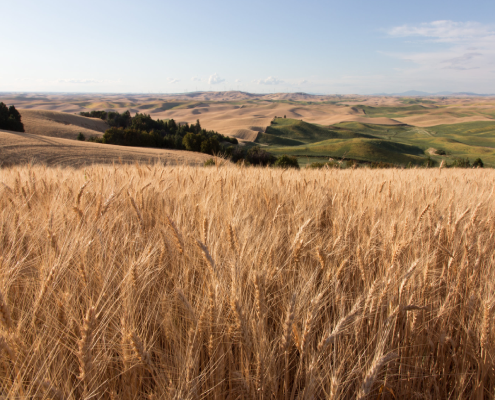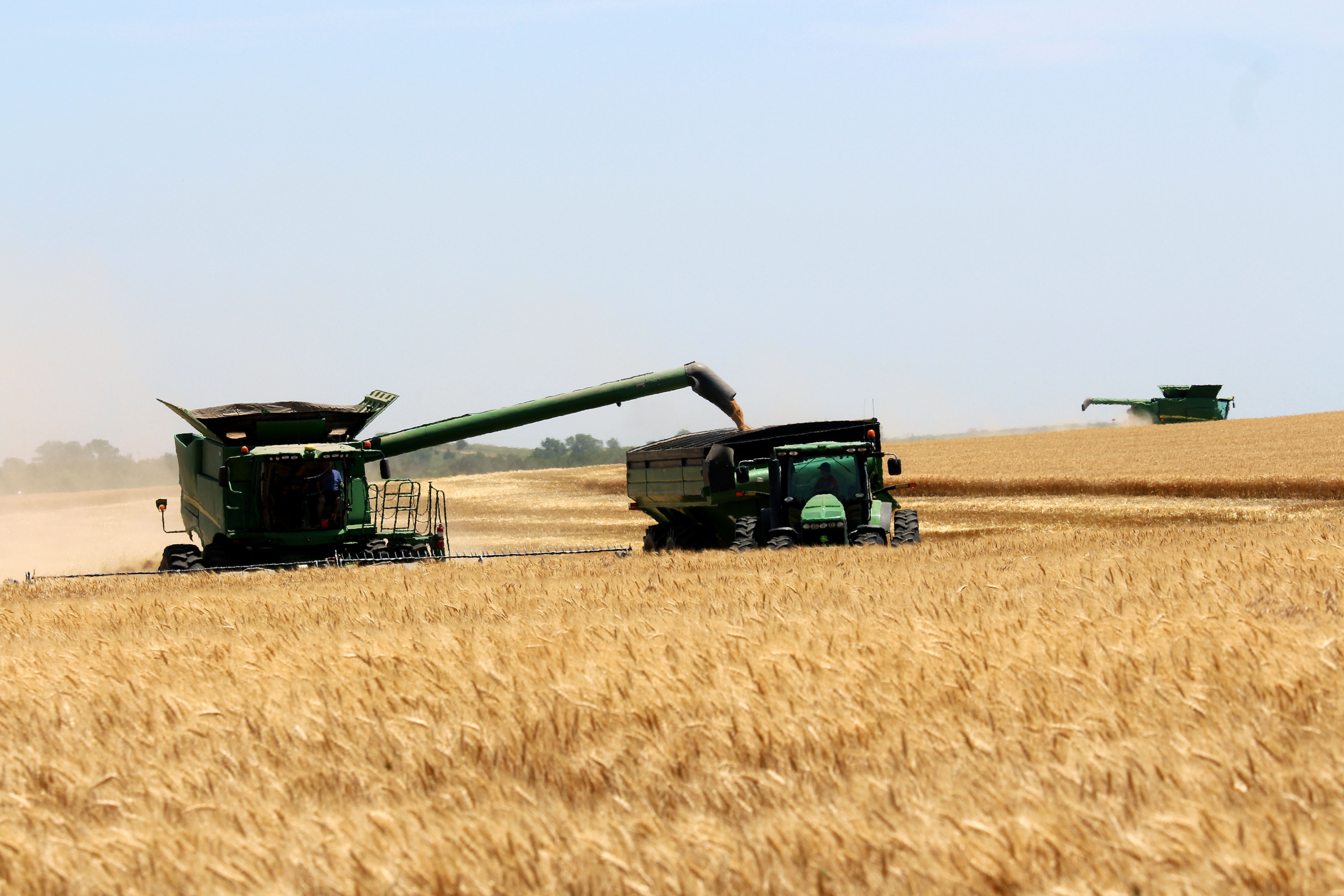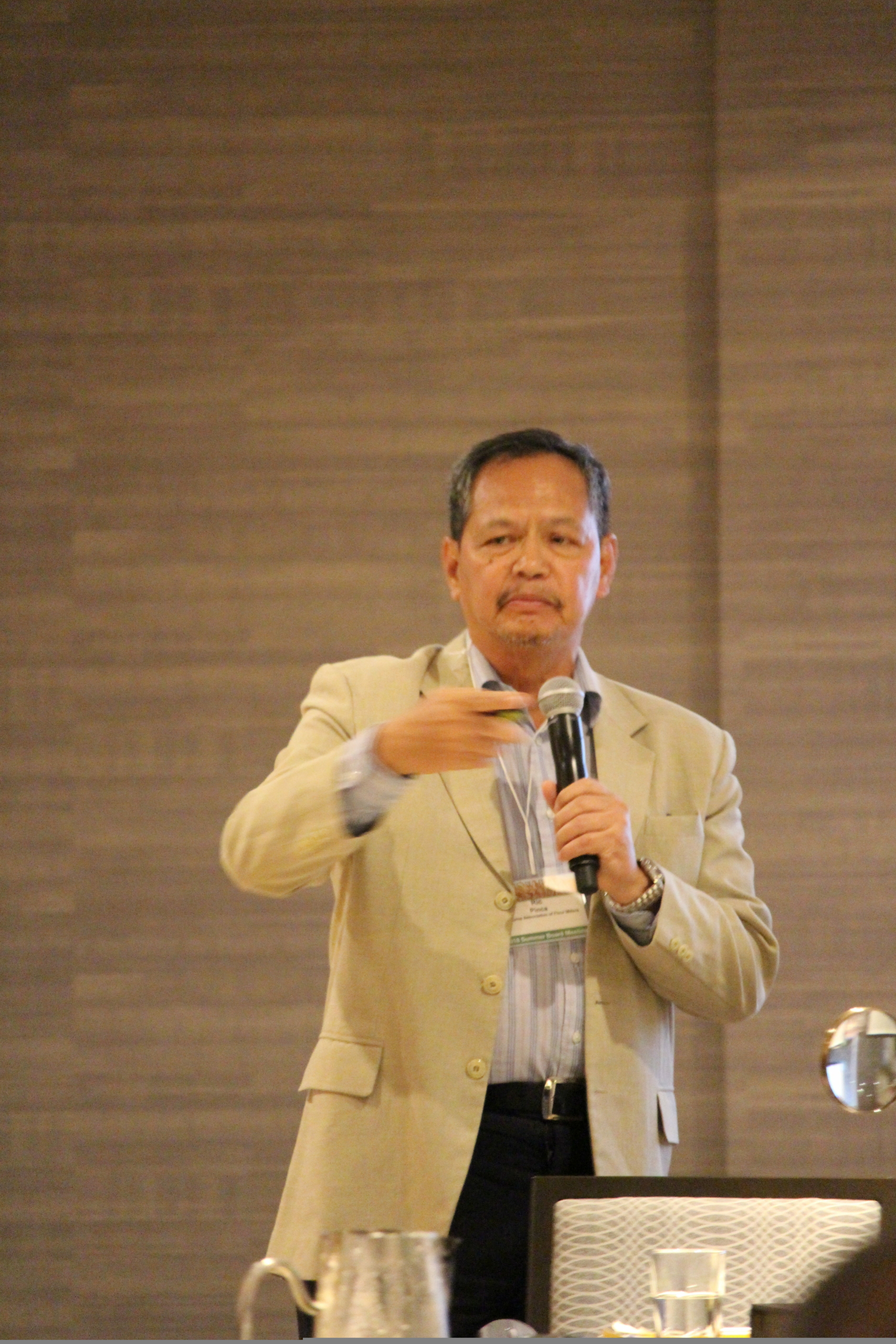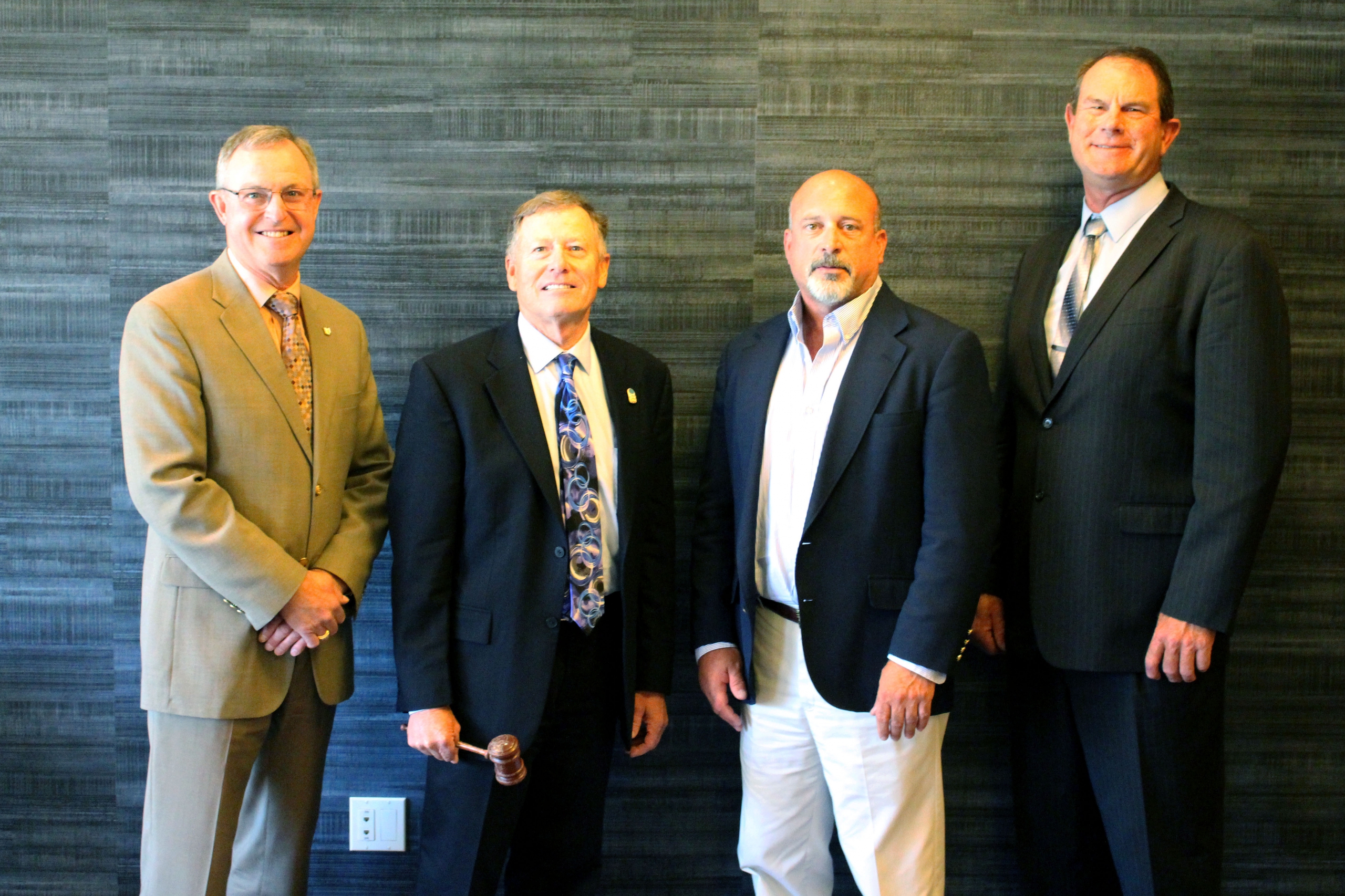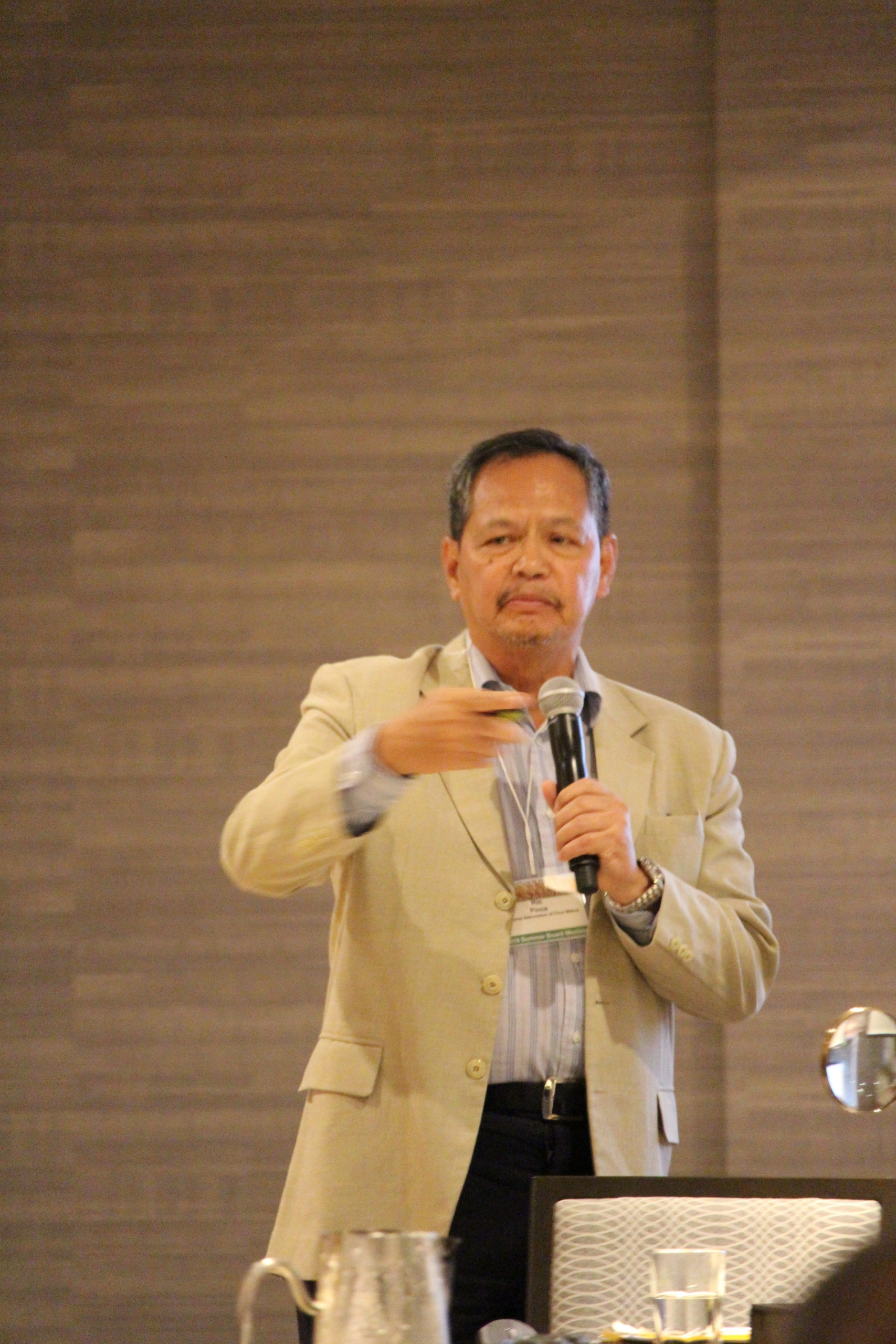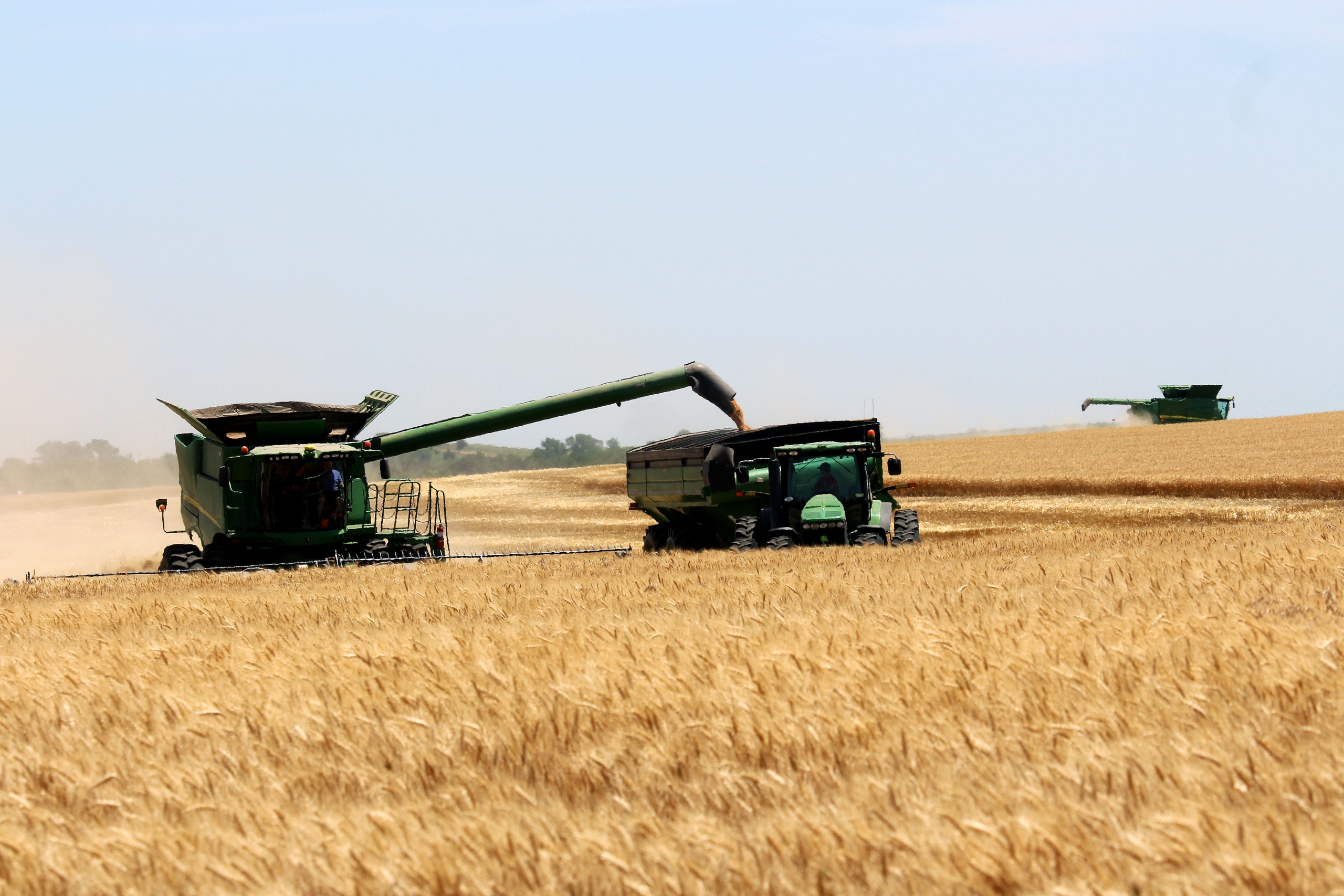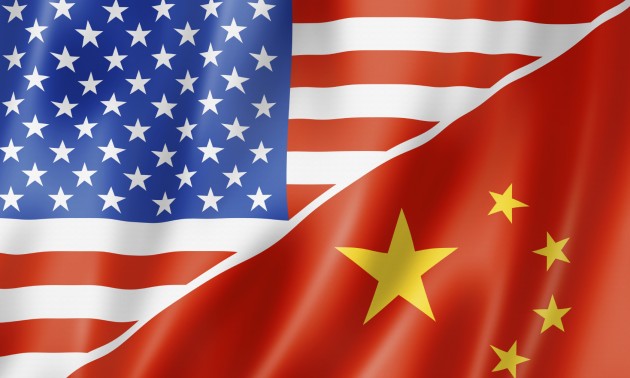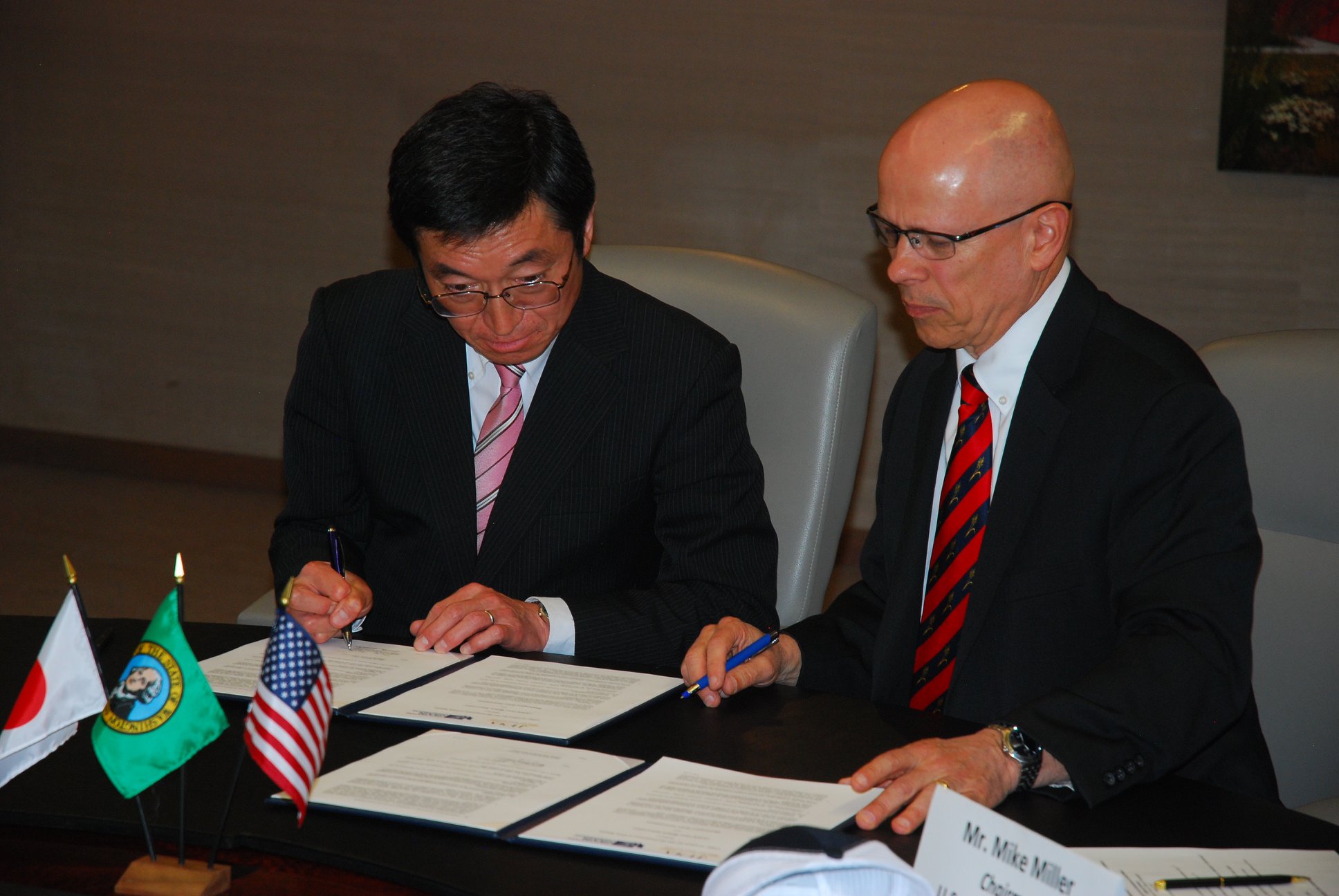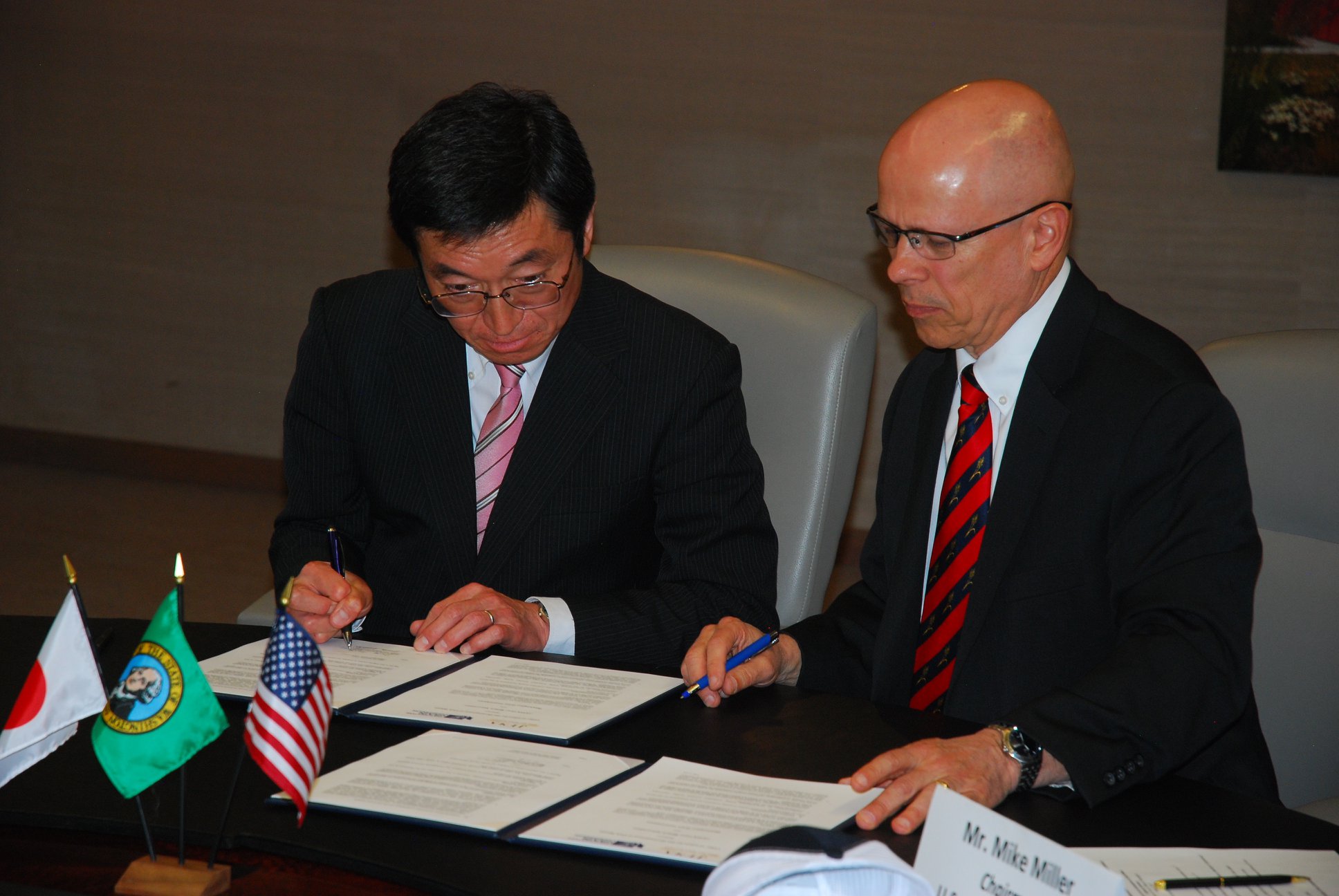ARLINGTON, Virginia — Implementation of the Comprehensive and Progressive Trans-Pacific Partnership (CPTPP) without the United States is a time bomb set to demolish more than 60 years of hard work by multiple generations of U.S. farm families to develop a large and loyal market for U.S. wheat in Japan. The U.S. government has the power, however, to defuse this device and avoid an unnecessary and costly disaster.
Today, Japan became the second country to ratify the CPTPP, which could be implemented in early 2019 after six of the 11 countries that signed the agreement have ratified it. This development comes on the same day the United States and China escalated a trade war that has already imposed harm on U.S. wheat growers, potentially compounding the difficult economic conditions further. Canada and Australia, which are major competitors to the United States in the Japanese wheat market, are also parties to the agreement, meaning implementation would put U.S. wheat farmers at a severe disadvantage in our second biggest wheat market.
Once implemented, the agreement calls for incrementally discounting the effective import tariffs that Japanese flour millers pay for imported Australian and Canadian milling wheat from about $150 to about $85 per metric ton (MT). Imported U.S. wheat effective tariffs would remain at about $150 per MT.
Sources within the Japanese milling industry estimate this disadvantage would force them to start looking at alternatives to U.S. wheat and cut average total imports of western white, dark northern spring (DNS) and hard red winter (HRW) wheat by more than half — from about 3.1 million metric tons (MMT) per year to 1.35 MMT per year or less. If nothing changes before the effective tariff schedule is fully implemented, U.S. wheat farmers and the U.S. grain trade will essentially be writing a $500 million check every year to Australian and Canadian farmers.
U.S. Wheat Associates and the National Association of Wheat Growers call on the Trump Administration to end this threat by taking the bold but necessary steps toward joining the CPTPP or engaging in bilateral negotiations. We see no other way to stop a situation that we believe will cut already unprofitable cash wheat prices even further.
# # #
About U.S. Wheat Associates
USW’s mission is to “develop, maintain, and expand international markets to enhance wheat’s profitability for U.S. wheat producers and its value for their customers.” USW activities in more than 100 countries are made possible through producer checkoff dollars managed by 17 state wheat commissions and cost-share funding provided by USDA’s Foreign Agricultural Service. For more information, visit our website at www.uswheat.org.
About NAWG
NAWG is the primary representative in Washington D.C. for wheat growers, working to ensure a better future for America’s growers, the industry and the general public. NAWG works with a team of 20 state wheat grower organizations to benefit the wheat industry at state and national levels. From their offices in the Wheat Growers Building on Capitol Hill, NAWG’s staff members are in constant contact with state association representatives, NAWG grower leaders, Members of Congress, Congressional staff members and the public.
Nondiscrimination and Alternate Means of Communications
In all of its programs, activities and employment, U.S. Wheat Associates (USW) prohibits discrimination on the basis of race, color, religion, national origin, gender, marital or family status, age, disability, political beliefs or sexual orientation. Persons with disabilities who require alternative means for communication of program information (Braille, large print, audiotape, etc.) should contact USW at 202-463-0999 (TDD/TTY – 800-877-8339, or from outside the U.S., 605-331-4923). To file a complaint of discrimination, write to Vice President of Finance, USW, 3103 10th Street, North, Arlington, VA 22201, or call 202-463-0999. USW is an equal opportunity provider and employer.

